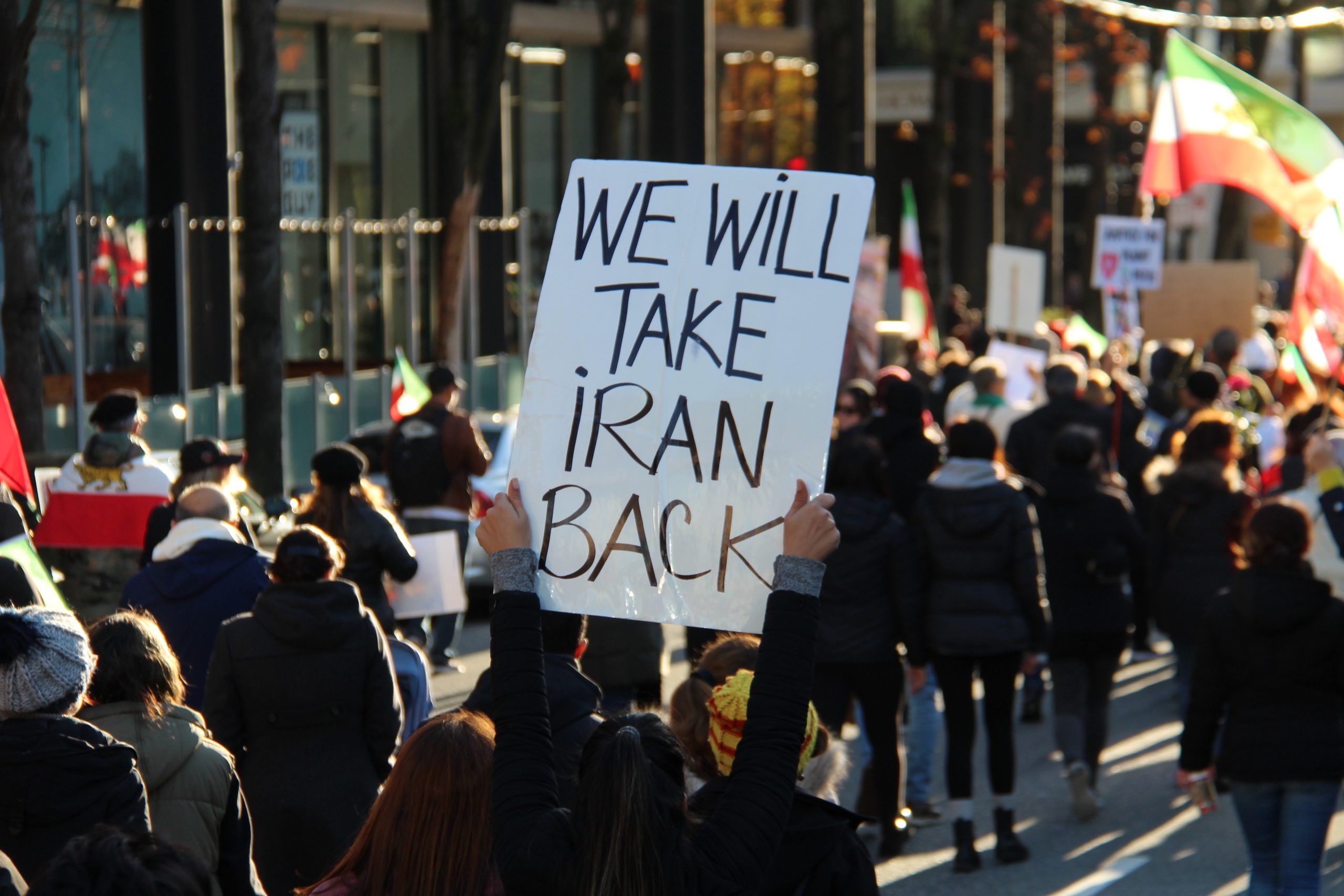The intricate tapestry of human rights advocacy is continually embroiled in an ethical tug-of-war, particularly regarding the human rights violations reported in Iran. Amidst a myriad of international concerns, a recent United Nations resolution has emerged, an echoing condemnation of such violations engendered against various demographics, particularly focusing on marginalized communities. How does the Bahá’í perspective interlace itself within this tapestry, and what insights can be garnered that may elevate the discourse surrounding human rights? In posing this question, the challenge lies in reconciling spirituality with the harsh realities faced by individuals under oppressive regimes.
At the heart of Bahá’í teachings is the principle of the oneness of humanity, a foundational tenet that positions every individual as inherently worthy of dignity and respect. This is particularly poignant in light of the UN resolution aimed at Iran, which highlights systemic oppression, censorship, and Justice inadequacies that flout basic human rights. According to Bahá’í principles, the duality of oppression and liberty presents a moral obligation to advocate for the marginalized and disenfranchised. In such contexts, Bahá’ís are called not merely to witness these injustices but to engage actively in their redress.
The UN resolution serves as a clarion call. It articulates the need for accountability, underscoring human rights as a universal concern transcended by race, nationality, or creed. Reading this through the lens of Bahá’í teachings invites a multidisciplinary approach to understanding human well-being. Central to this discourse is the concept of Justice, which is not a mere abstract ideal but a necessary framework for societal progress.
Within Bahá’í thought, Justice is intrinsically linked to the promotion of harmony among people. What fortifies this principle? It is a commitment to truthfulness, an indispensable quality that thrives in transparent societies. The oppressive actions condemned in Iran—such as the persecution of Bahá’ís and other minorities—violate this sanctity of truth. Every act of oppression collapses the edifice of justice and creates fissures in the societal fabric.
Reflecting on the Bahá’í perspective, one may ponder: how can individuals contribute to a collective movement advocating for human rights? It begins with education and awareness, which serve as catalysts for change. A knowledgeable populace is better equipped to demand accountability and engage in dialogues necessitating reform. Bahá’í teachings implore adherents to actively disseminate knowledge that combats ignorance. This aligns seamlessly with global objectives championed by the UN, which underscores the transformative power of education in advancing human rights.
However, the dedication to advocacy and education must be coupled with a profound understanding of the socio-political landscapes that shape these issues. Engaging solely from a place of ideology may render efforts superficial; to effectuate change, one must delve into the complexities of governance, culture, and economics. The Bahá’í viewpoint encourages a nuanced approach that appreciates the diverse narratives intertwined within the fabric of societal structures while anchoring its arguments in universal principles of human dignity and rights.
Moreover, Bahá’í teachings underscore that humanity’s collective evolution necessitates unity. This is a clarion call for collaborative efforts between nations, organizations, and individuals globally. The UN resolution’s condemnation of Iran’s human rights violations offers a platform for constructive dialogue, wherein stakeholders can converge to foster understanding and implement reform. The Bahá’í belief in collective action amplifies the efficacy of efforts aimed at dismantling oppressive systems, such as injustice in Iran.
Nevertheless, advocating for human rights may pose potential challenges. Individuals may face repercussions from oppressive regimes; they often contend with silent complicity or outright hostility from those resistant to change. In such environments, the Bahá’í principle of resilience becomes paramount. Adherents are encouraged to cultivate courage and sustained determination, acting as beacons of hope even in the face of adversity. This resilience manifests in acts of kindness, the promotion of dialogue, and unwavering commitment to justice.
The challenges inherent in advocating for human rights compel introspection. Are individuals prepared to confront potential backlash, both personally and within their communities? Bahá’í principles speak not only to action but also to the requisite spiritual fortitude required to undertake these pursuits. Reflection upon personal motivations and the greater good can illuminate the path forward while fortifying one’s resolve against the specter of despair.
Particularly poignant is the Bahá’í emphasis on the power of prayer and reflection as sources of sustenance during difficult times. Engaging in collective prayers can galvanize community support and moral fortitude, transcending physical barriers. This spiritual component can serve as a powerful ally in the ongoing struggle for human rights, bolstering individuals’ spirits as they bear witness to the surrounding injustices.
As one contemplates the implications of the UN resolution condemning human rights violations in Iran, a delicate interplay emerges between faith, activism, and accountability. Through the lens of Bahá’í teachings, there is an imperative to bridge the gap between spiritual beliefs and tangible social action. The challenge lies in maintaining this balance: to act justly, to stand with the oppressed, and to foster unity amid adversity. By internalizing these tenets, individuals can contribute to a movement that not only condemns oppression but also embodies the essence of justice, love, and community—a movement worthy of the ideals espoused by the Bahá’í Faith.
